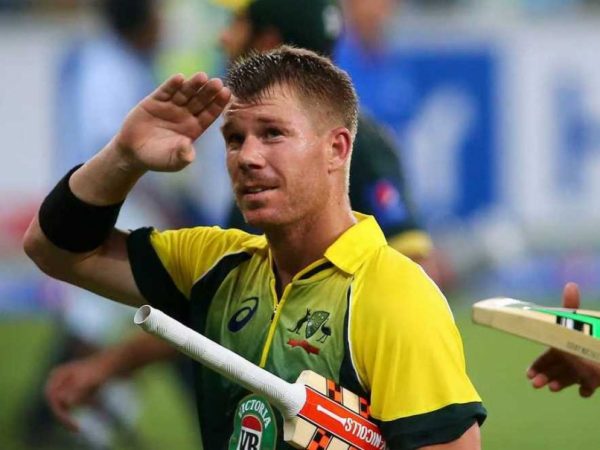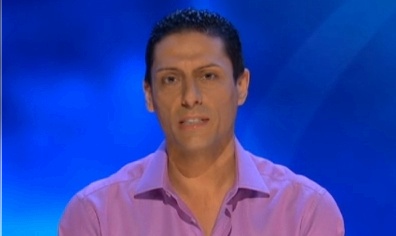
A gradual but inevitable descent into cricket-based loathing and bile.
The 51allout Bargain Basement Book Bonanza: Iain Wilton’s CB Fry King of Sport
We have many heroes at 51allout, but as yet we have not had the chance to write a biography of Mark Ealham, Liam Plunkett or Hannah Cockcroft. In all probability, we doubt we could – we have enough trouble finding 500 words in a week that saw a thrilling finish to the county championship and Jonathan Trott partaking in our specialist subject (criticising Michael Vaughan), let alone pitching 50,000 of structured prose to an unfriendly publisher. There is undoubtedly a market for several chapters about Plunkett’s sexy beard, but there is no guarantee that the ivory towers of Faber & Faber would quite understand the appeal. Even if we did have the discipline and the desire, there is always the risk that we’d go and spoil it all like saying something stupid like “I punched him so hard in the face, knocked the knife out of his hand and threw him in the canal. I fully suspect I killed him.”

David Warner finally reveals what happened in the Birmingham Walkabout.
Regardless of our lacklustre approach to producing copy, we at least have the experience of reading plenty of biographies. Note biographies – not the self-masturbatory stocking-filler and future charity shop stock from the latest man of the moment, churned out for a semi-decent advance and the forlorn hope of a brief appearance in Amazon’s top 20 chart (sport -> cricket -> autobiography->all-rounder->England->ginger). Our latest book avoids that category completely, benefitting from being published in 2002, just 110 years after the subject’s first-class debut. What’s more, the so-called King of Sport is clearly the sort of chap who befits a biography. Indeed, Charles Burgess Fry often seems a legend – in the Merlin/King Arthur/Robin Hood definition – rather than a mere sportsman.
For those readers whose grasp of history is limited to remembering when Ben Stokes couldn’t reach double figures with the bat, or the first sight of Hannah Cockcroft in tight lycra sprinting her way to a gold medal, CB Fry is definitely worth a Google. Basically, he was Joe Root, Nathaniel Clyne and Greg Rutherford rolled into one Adnonis-like body, not that those three were Oxford University alumni, fashionable columnists or League of Nations delegates. Simply put, a man who can jump over a wingback armchair is one you want to read about.

And so is she.
However Iain Wilton makes one of the most interesting lives of the last 150 years seem incredibly tedious. Reading this book is a struggle with a capital STRUGGLE. Discounting the bibliography, appendix and index, it comes in at 464 pages of small-fonted text. Now 464 pages doesn’t necessarily mean it’s too long – we’re not complete dunderheads – but the sheer bloody detail that the book presents is the main problem. At times, page-long paragraphs are filled with Fry’s scores from a particular part of the cricketing season. When he’s making six consecutive first-class hundreds, this is fine; when it’s several innings without any special note, it is utterly boring.
The same applies for Fry’s life outside cricket. An amazing life, yes, but there is still no need for what feels at times like a weekly account of what he was doing. To give Wilton credit, however, this is not just a hagiography and the subject is not presented in completely reverent tones. He criticizes Fry’s tendency to exaggerate some of his feats (not required when the feats were pretty damn good to start with), doesn’t shy away from raising an eyebrow at Fry’s morals, his relationships and what now seems like a dubious association with the Naval Training Ship Mercury. There is even a chapter devoted to the Nazis – with Fry meeting Rudolf Hess and describing Hitler as “such a nice man” (NB: this was before the real extent of Hitler’s evil came to light).

Whereas we NEVER thought this man was nice.
Fry, not unlike his one-time opening partner WG Grace, is someone whose life is mixed with a touch of myth. Still famous to this day, he deserves to be read about. Heaven, he deserves to have a movie made about him (complete with mental breakdown which he bounced back from). But unless you are obsessed with the minutiae of 1900s county cricket, you could do with looking elsewhere.
Meanwhile, we’re all off to write a chapter about Mark Ealham’s run of scores in June 1995.

No Comments
Post a Comment